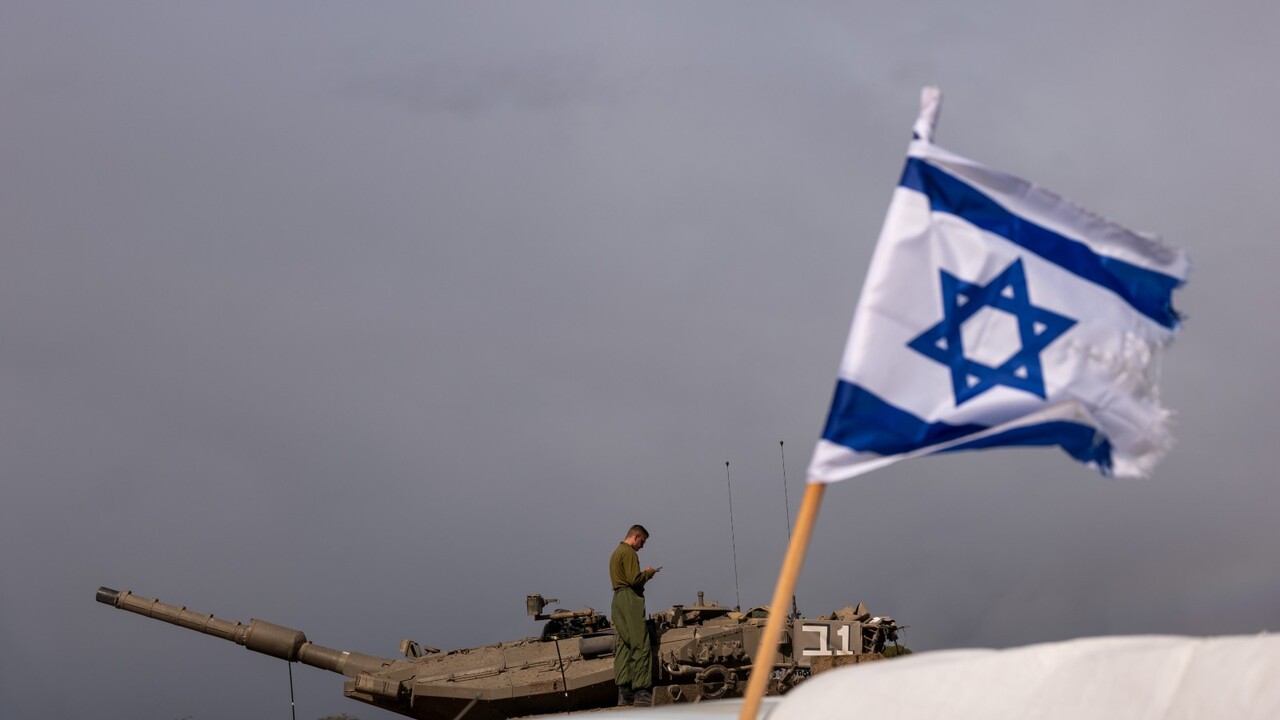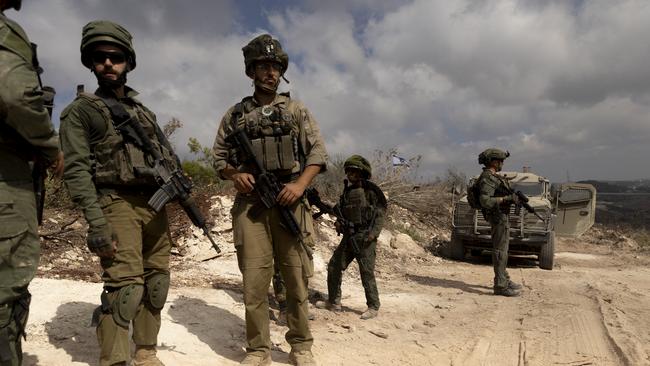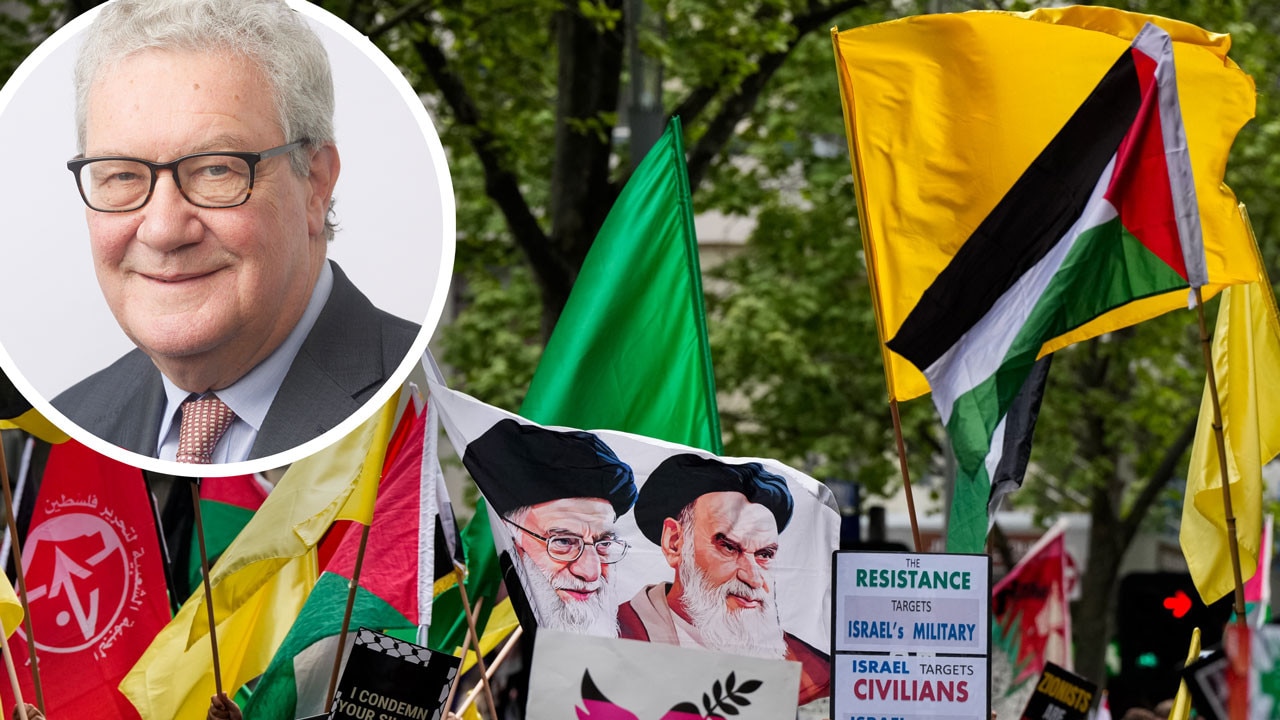Hezbollah, Houthis, Hamas: Why Israel forces could be at risk
Although Israel has a strong and well-trained army, time will tell if it can cope with fighting on several fronts, writes Middle East scholar Ian Parmeter.

Opinion
Don't miss out on the headlines from Opinion. Followed categories will be added to My News.
Israel is now fighting on several fronts at once.
In Gaza, the Israel Defense Forces (IDF) have been seeking to eradicate the Palestinian militant group Hamas since the group’s surprise attack a year ago in which nearly 1200 Israelis were killed and some 250 hostages taken.
Since September Israel has extended the conflict to Lebanon, aiming to deter the Iranian-backed militant group Hezbollah from sending missiles, rockets and drones into northern Israel, where some 60,000 Israelis have been displaced from their homes.
In addition to air strikes on Hezbollah targets, one of which killed the group’s then-leader Hassan Nasrallah last month, Israel launched a ground invasion on 1 October, with four IDF divisions now on the Lebanese border.

As well, Israel has to deal with ongoing, often-lethal tensions between Palestinians and Israeli settlers in the West Bank.
Iran has twice fired barrages of missiles, rockets and drones at Israel – in April and earlier this month. Israel has promised to retaliate for the latest attack – and Iran has said it will strike Israel again if that happens.
On top of that, the Houthi militant group in Yemen, also backed by Iran, has fired rockets and drones at Israel, with one of the latter hitting Tel Aviv and killing one Israeli in July.
Israel has a strong, well-trained, though not over-large army – its military forces total 169,500 and, with near-universal conscription for young men and women, it can call on up to 450,000 reservists to deal with emergencies.
Is this enough for Israel to fight on all these fronts?
Obviously the backing of the world’s strongest military power, the United States, is vital. Washington normally provides about US$3.8 billion in military aid to Israel a year. But it has raised that amount to US$18 billion through emergency assistance over the past year.

Just this week the Biden Administration announced that it was to send its Terminal High Altitude Area Defense System (THAADS) to Israel, along with about 100 US army personnel to operate it. THAADS is the most sophisticated air defence system in the world, and its purpose will be to protect Israel against any further Iranian missile barrages.
The problem for Israel is that none of these conflicts seems likely to end soon. And long wars have economic costs – the ratings agency Moody’s this month downgraded Israel’s credit rating.
Hamas’s military capacity has been degraded, but the group still seems far from eradicated. Some 100 hostages, many likely dead, remain in Gaza.
Hezbollah is in disarray, with much of its command structure dead or incapacitated by Israel’s sabotage of its communications system and targeted air strikes over the past month.
But, as this week’s drone attack showed, it is by no means finished. And Iran is sure to help it rebuild.
How Israel can cope with these multiple conflicts will become clearer in the coming months.
Ian Parmeter is a Middle East Research Scholar at the Australian National University and a former Australian ambassador to Lebanon.




